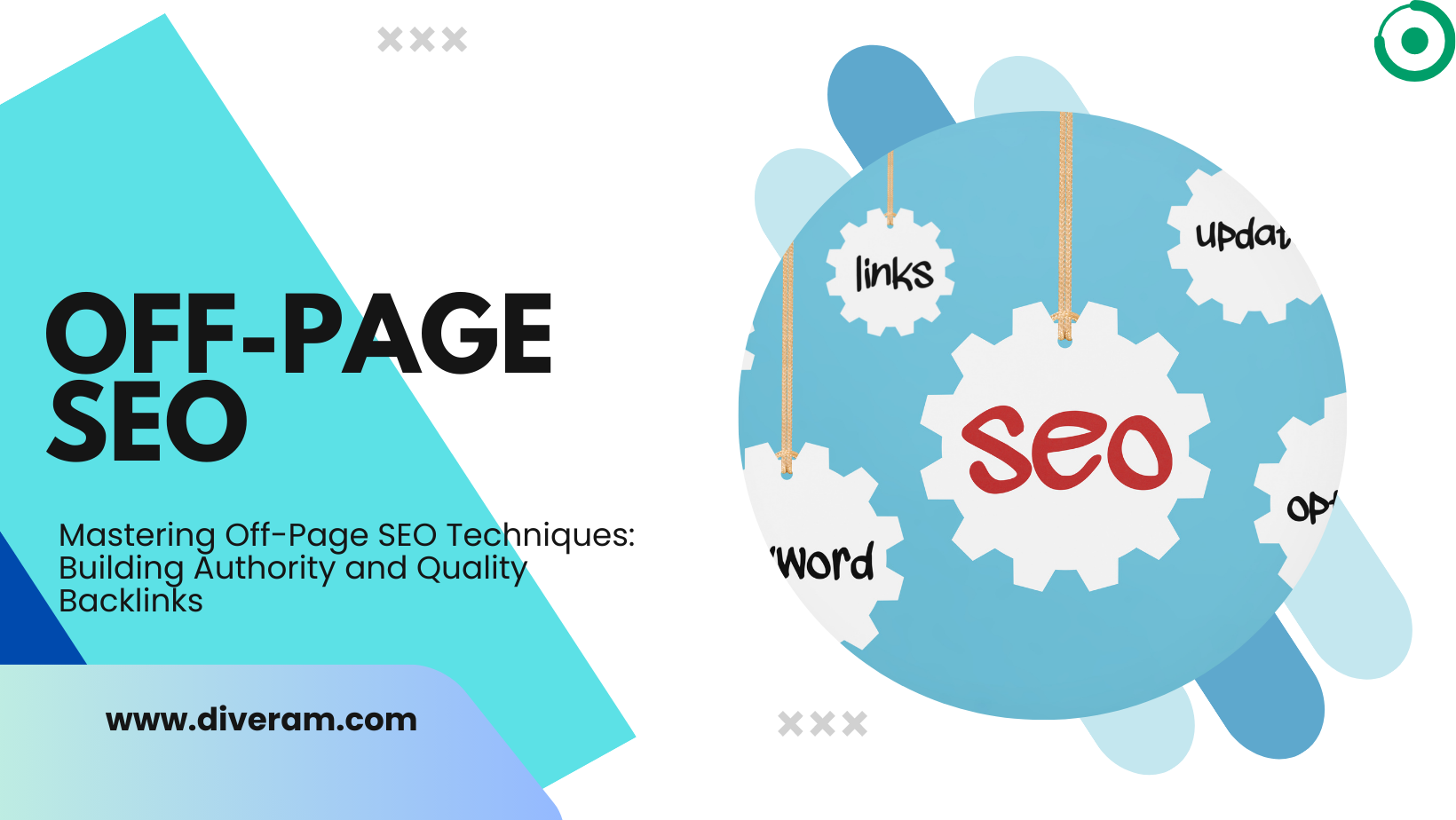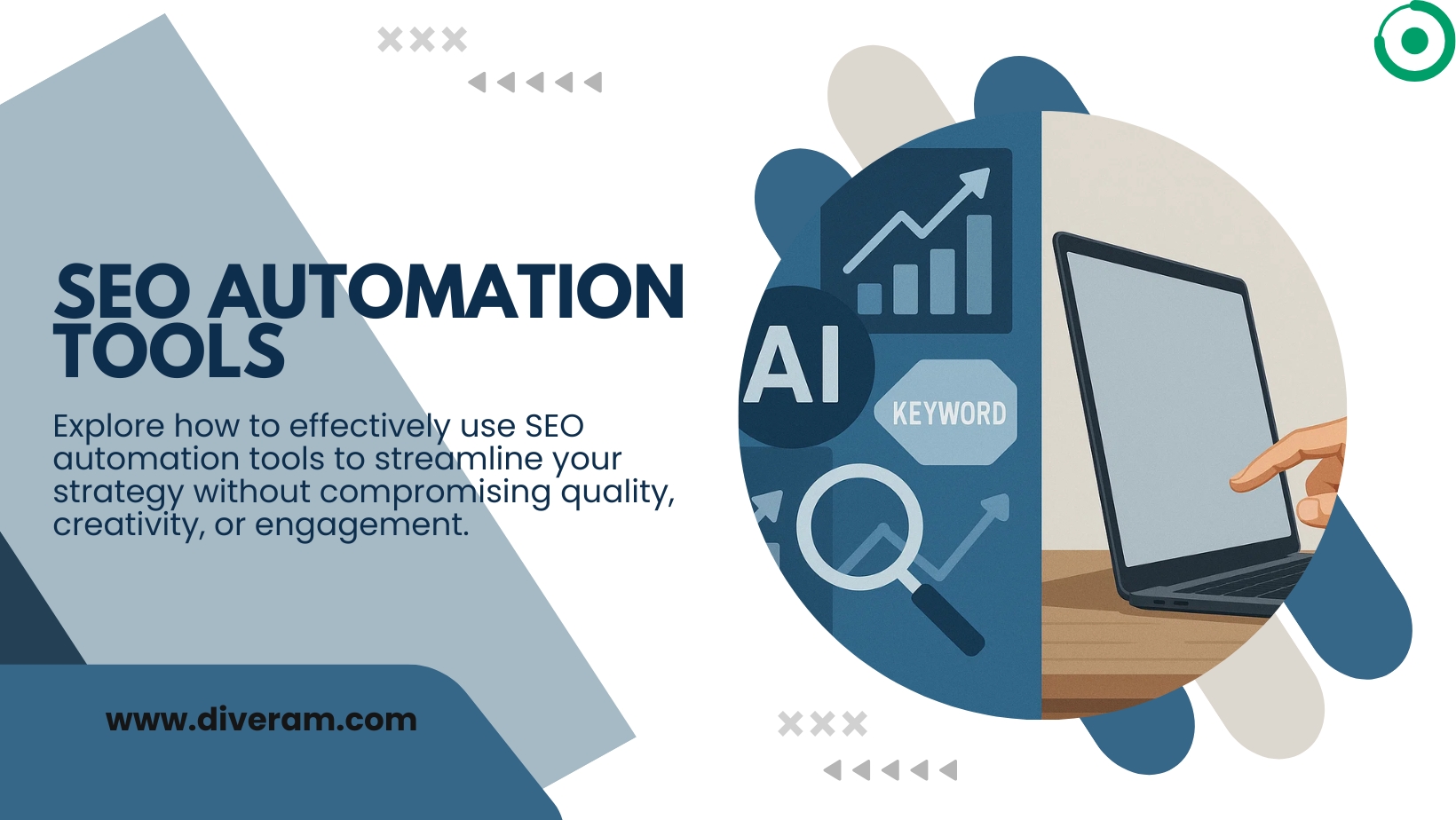Off-page SEO Techniques: Building Authority

Introduction
In the vast world of search engine optimization (SEO), off-page factors play a crucial role in determining the authority and visibility of a website. While on-page SEO focuses on optimizing content and website structure, off-page SEO involves building authority and acquiring high-quality backlinks from external sources. In this blog post, we will delve into the realm of off-page SEO techniques, exploring effective strategies for building website authority and obtaining valuable backlinks that can skyrocket your search engine rankings and drive organic traffic.
Understanding Off-Page SEO Techniques
To lay a solid foundation, it’s essential to comprehend the essence of off-page SEO and its significance in the eyes of search engine algorithms. Off-page SEO refers to activities performed outside your website that influence its reputation and credibility. Google and other search engines consider off-page factors, particularly backlinks and social signals, as indicators of a website’s authority and trustworthiness.
Building Website Authority
Building authority is a crucial aspect of off-page SEO, as it signals to search engines that your website is a trustworthy and reputable source of information. Here are some effective strategies to help you build website authority:
Creating High-Quality Backlinks
- Guest Blogging: Guest blogging remains one of the most effective ways to build quality backlinks and establish your authority in your industry. Seek out authoritative websites that accept guest posts and provide valuable, well-written content in exchange for a link back to your site. When guest blogging, ensure that the guest post is relevant to your niche and offers unique insights to capture the interest of readers.
- Influencer Outreach: Influencer outreach involves collaborating with prominent figures in your industry to gain exposure and acquire valuable backlinks. Identify relevant influencers who have a strong online presence and engage with their audience. Build genuine relationships by offering value, sharing their content, and reaching out with personalized pitches for collaboration or mentions.
- Content Marketing and Link Baiting: Creating exceptional content is the cornerstone of successful off-page SEO. Craft informative and engaging content that compels readers to link back to your website naturally. This can include comprehensive guides, in-depth research studies, visually appealing infographics, or unique data that others can reference in their own content.
- Broken Link Building: Broken link building is an effective strategy that involves finding broken links on authoritative websites and offering your content as a replacement. Identify relevant websites in your niche, use tools like Check My Links or Broken Link Check to find broken links, and reach out to the website owners or administrators, suggesting your content as a suitable replacement.
Social Media Engagement
- Importance of Social Signals: Social signals, such as likes, shares, and comments on social media platforms, have gained significant importance in the world of SEO. Search engines view these signals as indicators of a website’s popularity and relevance, which can positively impact search engine rankings.
- Building a Strong Social Media Presence: To leverage social signals effectively, establish a strong presence on relevant social media platforms. Create and share valuable content, engage with your followers, participate in industry-related discussions, and promote your website’s content. Encourage social sharing by incorporating social sharing buttons on your website and blog posts.
Monitoring and Measuring Backlink Performance
Backlink Quality Assessment
- Evaluating Link Relevance and Authority: When it comes to backlinks, quality is more important than quantity. Evaluate the relevance and authority of the websites linking to your site. Relevance refers to how closely related the linking website’s content is to your own, while authority refers to the credibility and trustworthiness of the linking website. Tools like Moz’s Domain Authority (DA) and Ahrefs’ Domain Rating (DR) can help you assess the authority of a website.
- Identifying and Disavowing Toxic Backlinks: While building backlinks, it’s essential to be mindful of toxic or spammy links that can harm your website’s reputation. Regularly monitor your backlink profile using tools like Google Search Console or Ahrefs to identify any toxic backlinks. If you find toxic backlinks, use the Google Disavow Tool to request that search engines ignore those links when evaluating your website’s authority.
Conclusion
Off-page SEO techniques, such as building authority and acquiring high-quality backlinks, are critical for improving search engine rankings and driving organic traffic. By implementing the strategies discussed in this blog post, you can enhance your website’s authority, establish your brand as an industry leader, and gain valuable backlinks that will ultimately contribute to your online success. Remember to consistently create high-quality content, engage with influencers and your target audience, and monitor your backlink profile to ensure its quality and relevance. By investing time and effort into off-page SEO, you set the stage for long-term success in the competitive world of search engine optimization.




